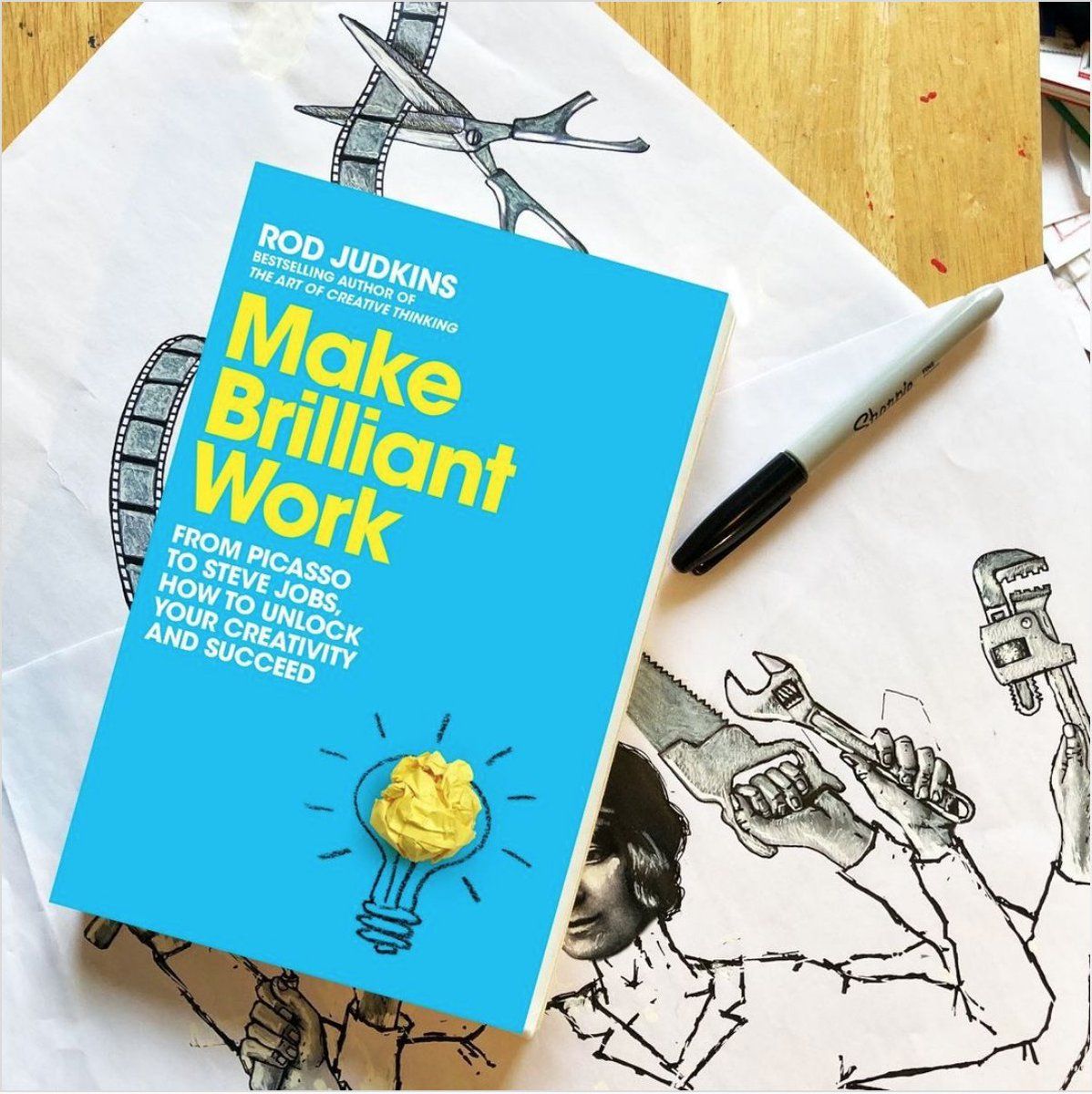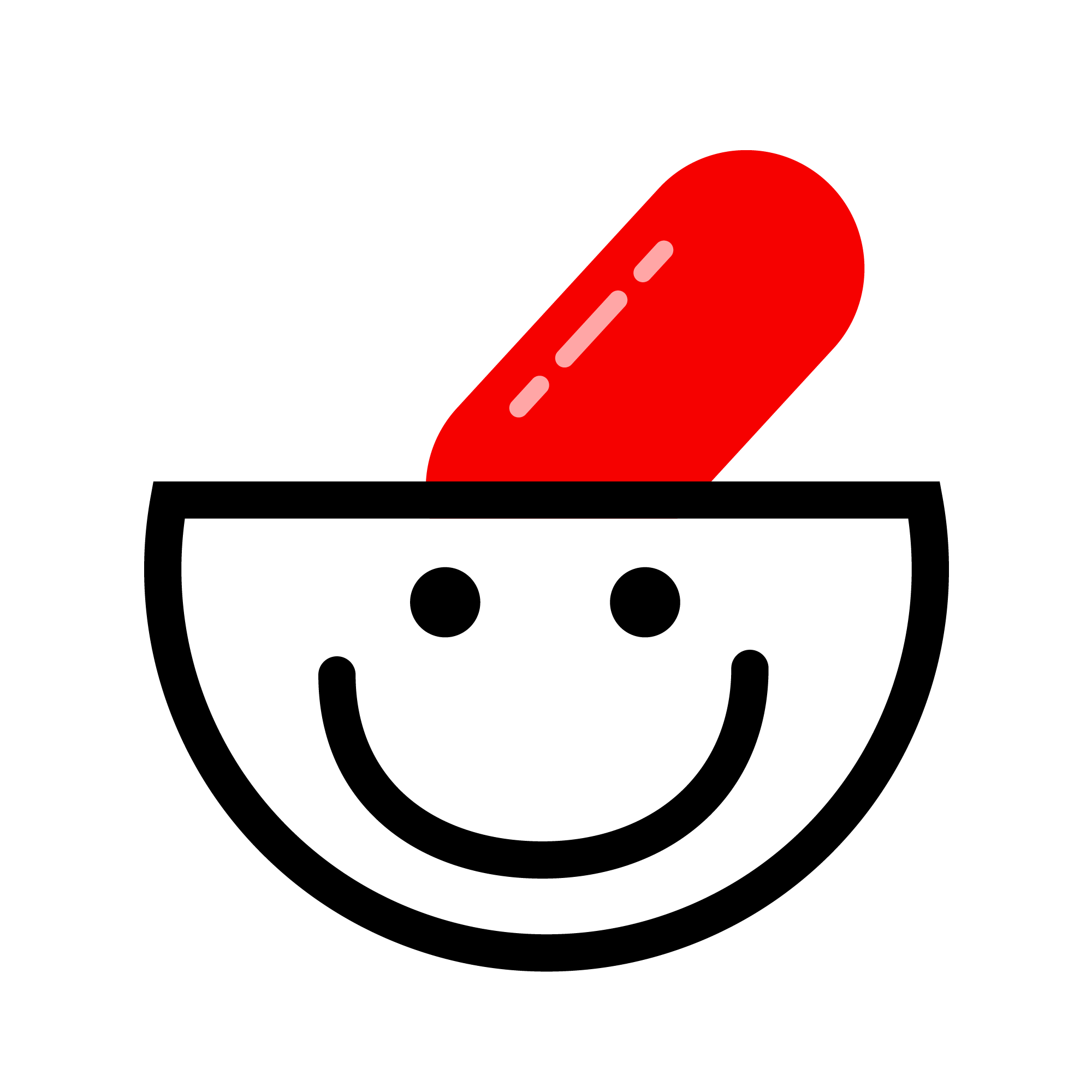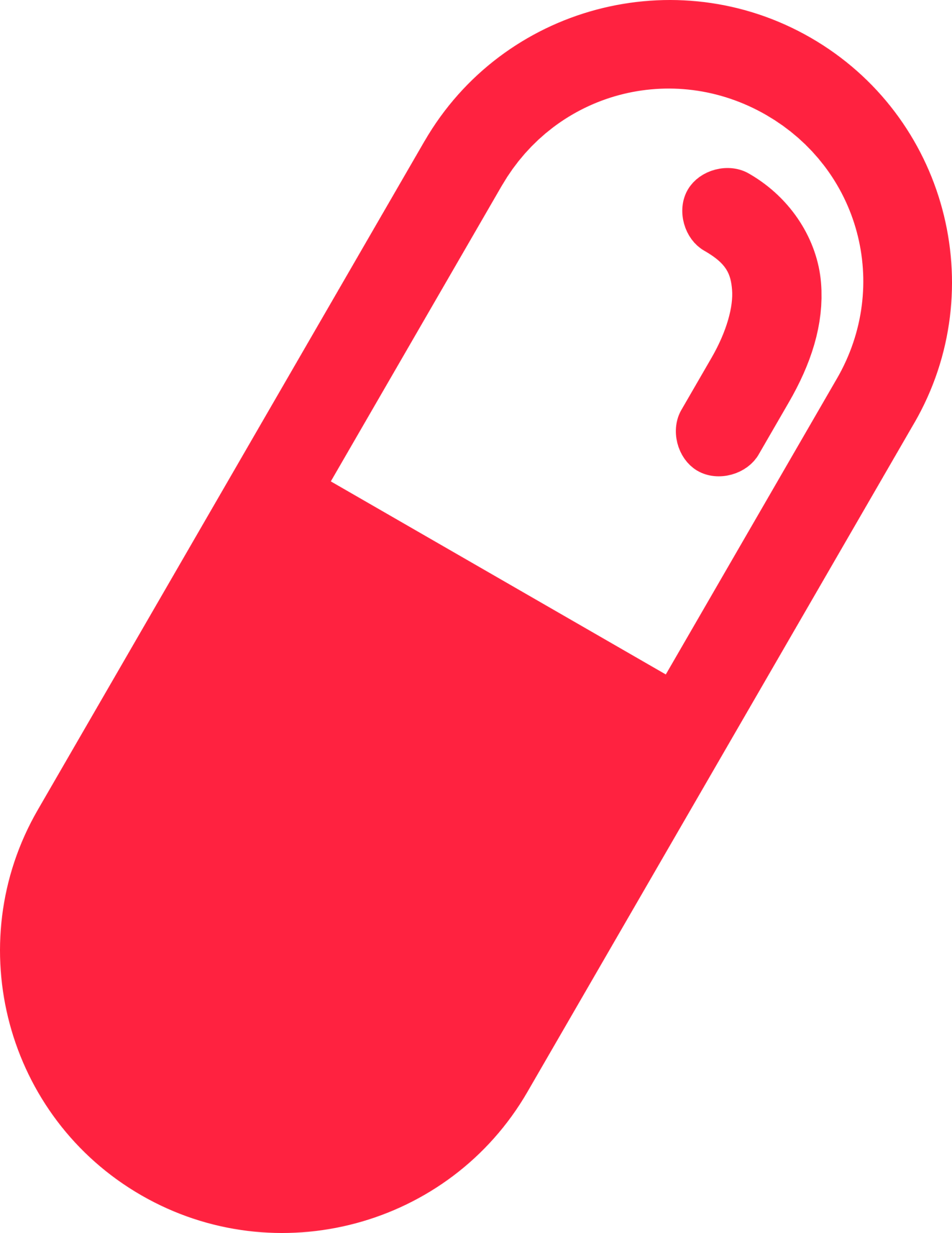David Delahunty
5 Must-Read Books to Unlock Your Creativity
Amazon's got a section dedicated to creativity and it's packed with over 5,000 titles. But with so many options, it can be overwhelming to choose. That's why I want to share with you my top 5 picks for books that have had the biggest impact on my creativity. The books that have helped me level up my creativity, and can do the same for you.
Below in no particular order are my top 5 books for creativity.
Below in no particular order are my top 5 books for creativity.
1. A Technique For Producing Ideas, By James Webb Young
Whoever said bigger was better has never read this book. The book itself is 48 pages long, an absolute powerhouse. You can read it in less than 60 mins. But don't be dismissive. Shortness does not equal cheapness. Only a fool believes something must be long to be valuable. In 5 steps this book can show you the steps to take to generate an idea.
My takeaways from this book are as follows:
- First step in producing ideas is to gather information from various sources. This can include books, articles, conversations, and personal experiences.
- Once you have a wealth of information, you need to let it simmer in your mind for a while. This is the incubation stage. Where your brain subconsciously works on connecting all the dots and pieces together.
- The next step is the "aha!" moment, where an idea out of nowhere comes to you. This is the moment of insight. Where all the information you've gathered come together to form a new idea.
- It's important to note that ideas are not just random thoughts. They are rather a combination of existing information and experiences.
- It's important to keep a notebook or journal with you at all times. Jot down any ideas or insights that come to you, no matter how random or incomplete they may seem at the time.
- Like any other skill producing ideas is a skill that can should be practiced daily.
“An idea is nothing more nor less than a new combination of old elements"
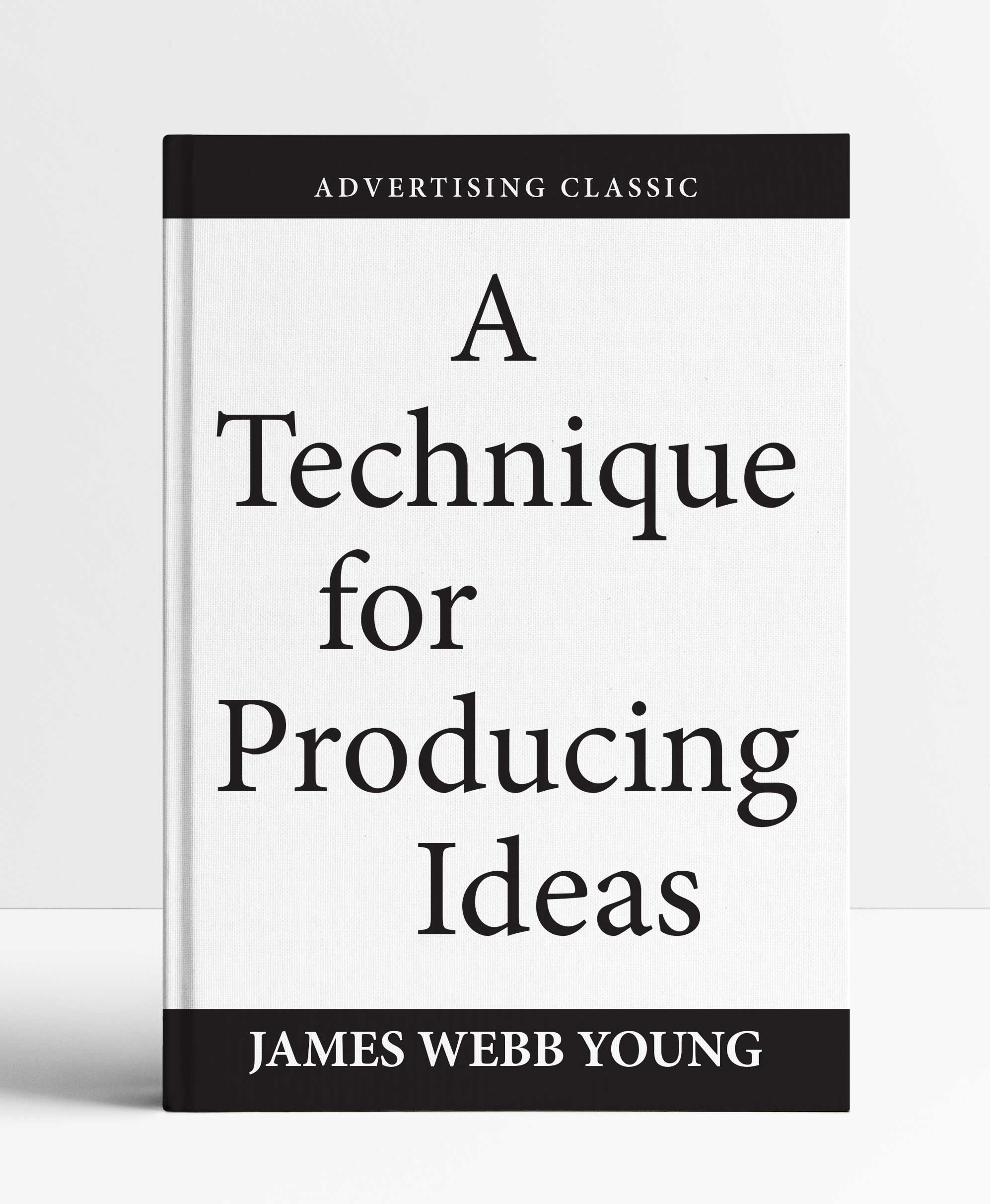
2. The War of Art, By Steven Pressfield
Steven Pressfield uses real-life examples to show how we can conquer our fears. And finally, tackle that passion project we've been putting off. Whether it's writing a novel, launching a startup, or even conquering a personal fear. Steven lays out a plan for how to push through and make it happen. And the best part? You can feel his own discipline and dedication to writing shining through in every word. It's like a masterclass in the craft right on the page.
My takeaways from this book are as follows:
My takeaways from this book are as follows:
- We all have an inner resistance, which is the voice inside our head that tells us we're not good enough. That our work is pointless, and that we should give up.
- The only way to overcome this resistance is to take action and start working on our projects. No matter how scared or unsure we may feel.
- We should set a specific time of day to work on our projects and treat this time as sacred and non-negotiable.
- We should focus on one project at a time, and work on it every day, no matter how we may feel.
- We also need to separate the professional from the amateur. The professional shows up and works every day. The amateur only works when they feel inspired.
- It's important to develop a warrior mindset. One who is willing to fight through the resistance and keep going, even when things get tough.
“The most important thing about art is to work. Nothing else matters except sitting down every day and trying.”
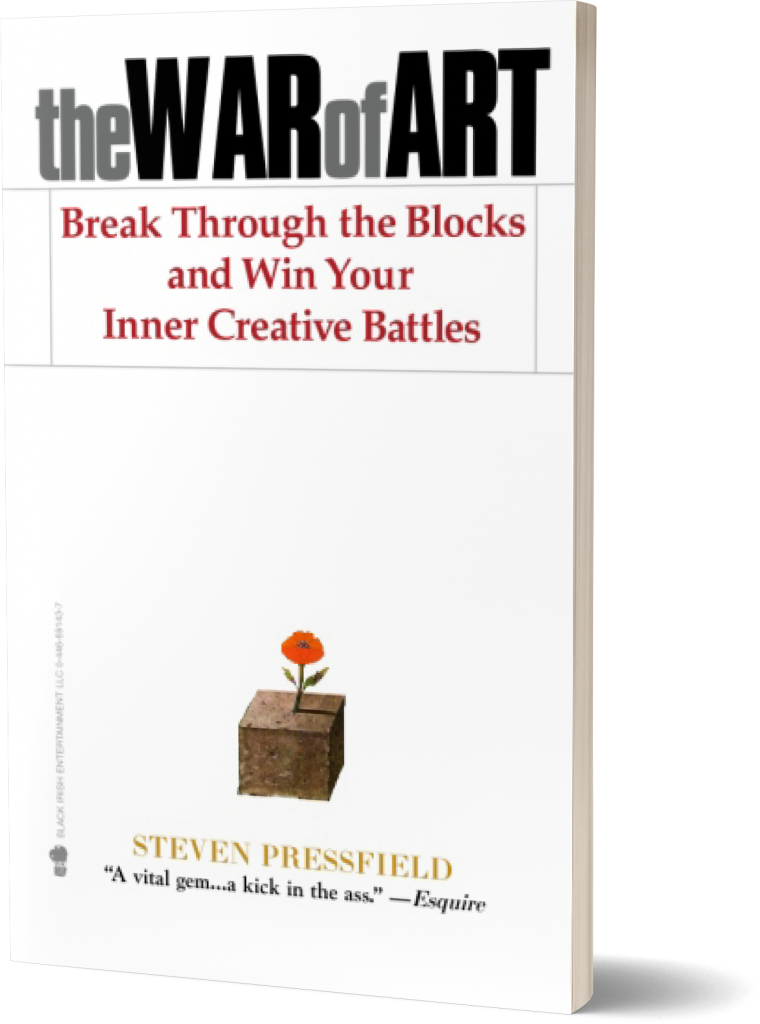
3. The Element, by Ken Robinson
Watching Ken's TED talk on how our education system stifles creativity led me to buy all his books. "The Element" is by far my favorite. It's all about finding that sweet spot where natural talent and personal passion meet. While tapping into our true selves to live a fulfilling life.
My takeaways from this book are as follows:
My takeaways from this book are as follows:
- We all have a unique talent or passion which is what he refers to as our "element." Finding our element is the key to living a fulfilling and successful life.
- The traditional education system often stifles creativity. It's designed in a way that blocks students to explore their passions and talents.
- Creatives can find their element by exploring different interests and trying new things.
- We should surround ourselves with supportive people, that help us discover our talents.
- The element is not only about the work you do. It's also about the way you live your life, your relationships, and your general well-being.
- We need to take risks, be open to change and be willing to embrace new opportunities and experiences.
“Never underestimate the vital importance of finding early in life the work that for you is playing. This turns possible underachievers into happy warriors.”
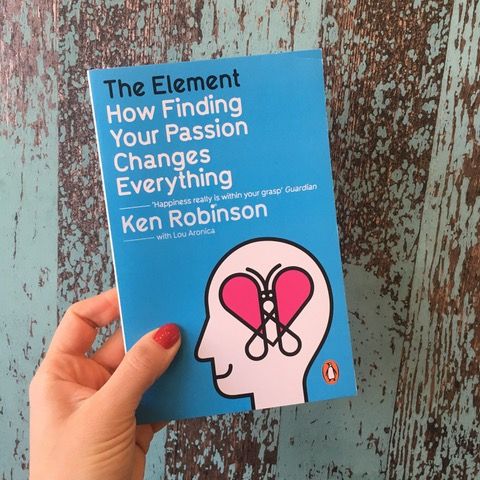
4. Zig-Zag, by Keith Sawyer
Sawyer's book, "Zig-Zag," delves into the 8 stages of the creative process. It also emphasizes that there's no one-size-fits-all approach to creativity. The path to greater creativity is more like a winding road with unexpected twists and turns. It's unpredictable, erratic, and yes, surprising.
“Creative people don’t just notice things; they notice, and then they act. They immediately jot down or record what they’ve observed, and their mind begins working with it.”
My takeaways from this book are as follows:
- Creativity is not about coming up with new ideas but about connecting old ideas in new ways.
- Key to coming up with new ideas is to zig-zag between different perspectives. Different disciplines, and experiences.
- Collaborate with others, while seeking out new experiences and information.
- It's important to make time for play and experimentation in the creative process. We should approach our work with a playful and open-minded attitude.
- We never arrive at the point of being infinitely creative.
- Creativity isn’t a destination to be reached.
- You’re never finished. The zig-zag path is one of constant evolution and ever-present change. You are moving from one challenge to the next.
“Creative people don’t just notice things; they notice, and then they act. They immediately jot down or record what they’ve observed, and their mind begins working with it.”
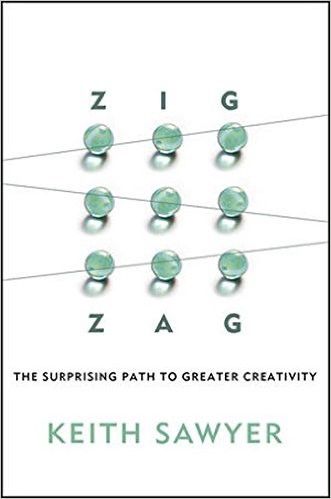
5. Make Brilliant Work, by Rod Judkins
Rod's book is a straightforward, no-nonsense guide to overcoming self-doubt. His writing is not only informative but also entertaining. Packed with counterintuitive insights and hard truths. More importantly, it will help you achieve brilliance in your work.
My takeaways from this book are as follows:
This is a must-read for anyone looking to unlock their creative potential. From Frida Kahlo to Steve Jobs, and star architect Zaha Hadid, this book will show you how to think for yourself. Take risks. And persevere to create brilliant work.
My takeaways from this book are as follows:
- Creativity is not only about coming up with new ideas, but also about making them happen in the real world.
- The key to creativity is to embrace change. Be open to new ideas and perspectives, and be willing to take risks and try new things.
- You should always follow your curiosities. Always challenge your assumptions, and always think outside the box.
- It's important to stay resilient and to keep going even when things get tough.
- You should have a clear vision and a plan for how you will achieve it, this helps you to stay focused and motivated.
“If you build up your work, your work builds you. The good things you make, make you good.”
